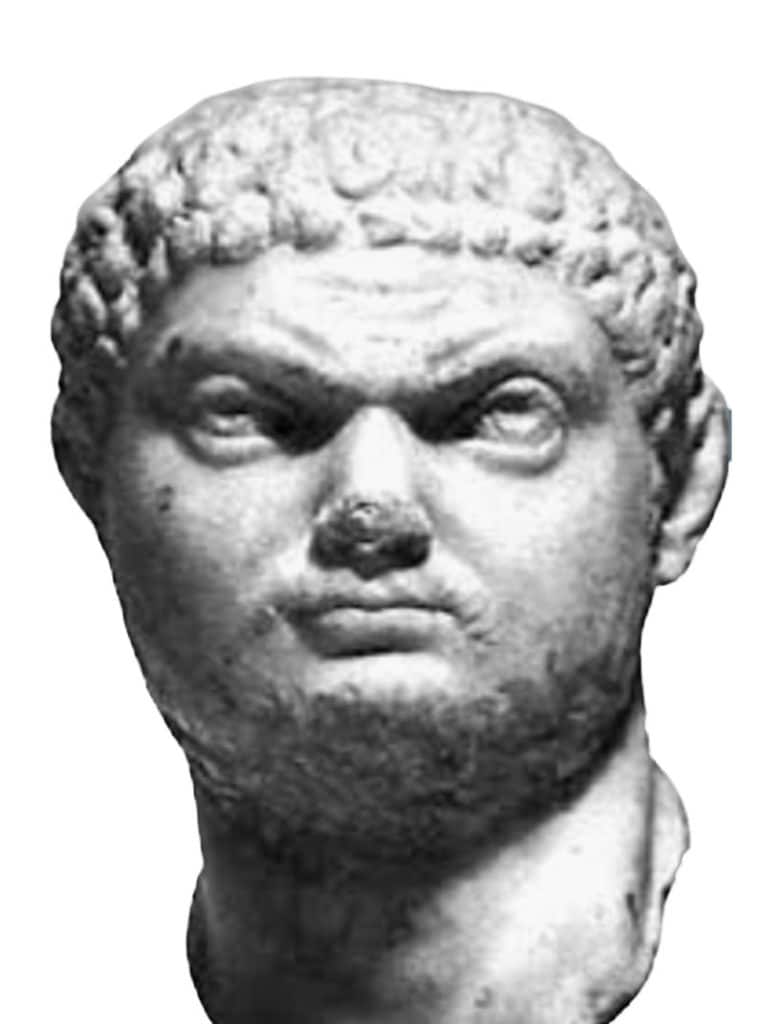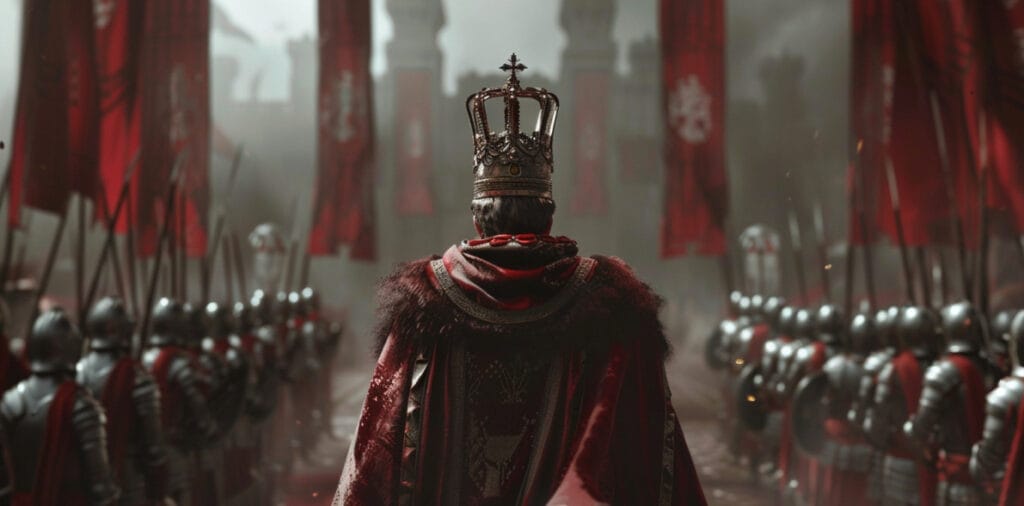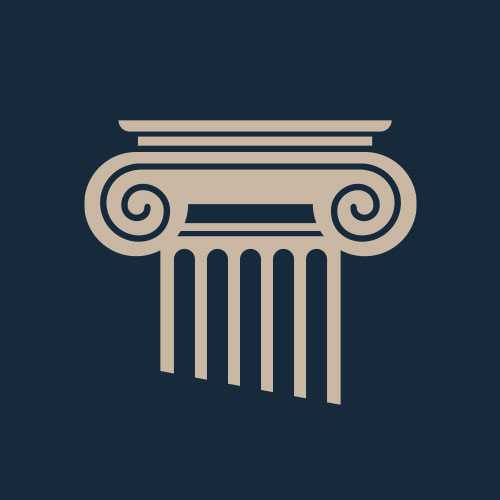Life: AD ? – 276

- Name: Marcus Annius Florianus
- Became emperor July AD 276.
- Died at Tarsus, September AD 276.
After the death of Tacitus in July AD 276 power seamlessly passed into the hands of his half-brother Florian, the commander of the praetorian guard.
In fact, on hearing of Tacitus’ death, he proclaimed himself emperor, not waiting to be granted the title either by the troops or the senate.
Widely seen as the natural successor of Tacitus, there appeared at first to be no resistance to Florian taking the throne.
Having already been in Asia Minor (Turkey) with Tacitus, fighting the Goths, Florian continued the campaign, driving the barbarians to the brink of defeat, when suddenly news of a challenge arrived. Only two or three weeks into his reign Syria and Egypt declared in favour of Marcus Aurelius Equitius Probus, who held high command in the east, possibly overall military command of the entire east. Probus claimed that Tacitus had meant him to be his successor.
Florian immediately marched on his challenger, knowing under his command the far superior forces. Which such a large campaigning army it appeared he couldn’t lose.

Near Tarsus the armies closed upon each other. But Probus managed to avoid a direct clash. A kind of stalemate emerged, with the two forces poised for a fight.
Florian’s troops however were largely from bases along the Danube. Excellent fighting troops, they were not used to the summer heat of the Middle East though. With more and more soldiers more than likely suffering from heat exhaustion, sun stroke and similar ailments, morale in Florian’s camp began to collapse.
Florian seems to have made one last attempt to regain the initiative in this dire situation, most likely calling for one last decisive action against his foe. But his troops were having none of it.
Florian was killed by his own men.
He had reigned for only 88 days.

Historian Franco Cavazzi dedicated hundreds of hours of his life to creating this website, roman-empire.net as a trove of educational material on this fascinating period of history. His work has been cited in a number of textbooks on the Roman Empire and mentioned on numerous publications such as the New York Times, PBS, The Guardian, and many more.
